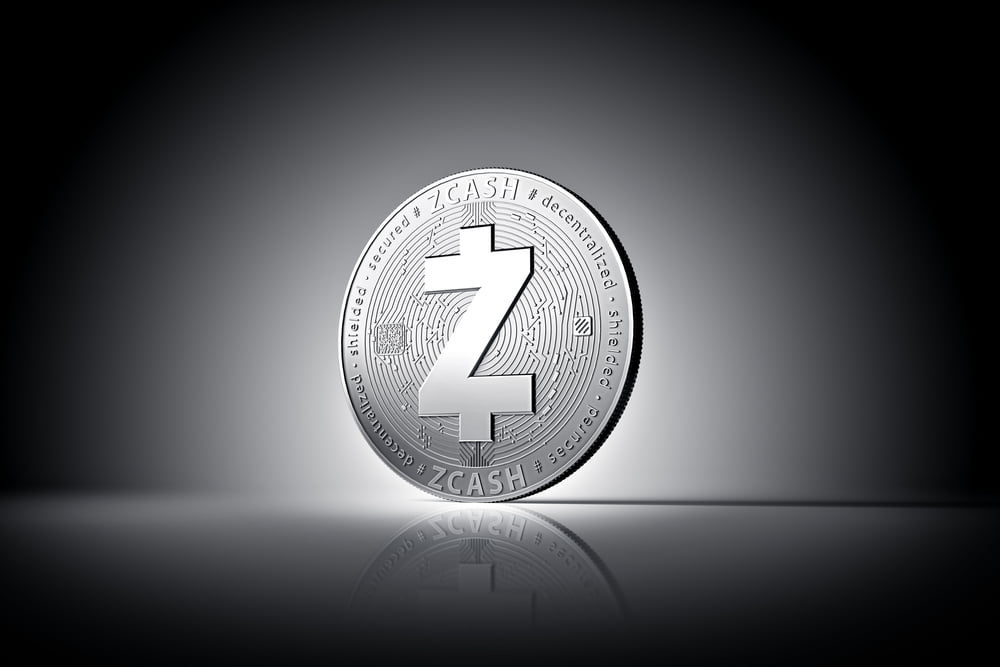Cryptocurrency’s mining aspect can be both a blessing and a curse. More specifically, we all know Bitcoin has a centralization problem when it comes to mining. Unfortunately, it seems Zcash has a similar problem right now, with one pool controlling over 50% of the network hashrate. It is unclear why miners aren’t switching over, as there are plenty of other pools to choose from. Then again, everyone wants a good chance of making money, which means joining a big pool.
Zcash Mining is Incredibly Centralized
It is always interesting to see how the mining ecosystem evolves for different cryptocurrencies. A fair few coins suffer from centralization issues in this regard, which is only to be expected. In the Bitcoin world, the centralization problem comes in the form of a few Chinese pools holding the majority of the network hash power. Sooner or later, that will backfire, but very few people are willing to make any changes in this regard. Profitability hinges on joining a pool which has a good chance of finding blocks, after all.
Interestingly enough, Bitcoin is not the cryptocurrency with the biggest centralization problem right now. That appears to be Zcash, with one mining pool controlling over 50% of all hash power right now. This is pretty interesting, considering there are a dozen decent pools to choose from. Moreover, we have seen some new pools pop up over the past week in an effort to encourage people to move away from feeding Flypool with even more hash power.
Right now, Flypool is over twice as large as F2Pool as far as the ZEC hashrate is concerned. In this regard, Flypool could easily perform a 51% attack against the network if it were ever inclined to do so. That’s not happened yet, but there is no reason to think it never will. There is no current incentive for Flypool to do so, as it already controls the Zcash network. It is not a major concern as long as nothing goes awry, but it’s unknown how long that will be the case.
Several Zcash miners have already moved away from Flypool in an effort to diversify the hashrate. So far, their efforts have not made much of an impact, but that situation may change sooner or later. It is very difficult to take away the majority of hash power from one pool and ensure other pools distribute this workload. For most miners, the only thing that matters is maximizing income in one way or another. Right now, that means joining the pool with the most hashrate, as it has the best chance of finding blocks on a regular basis. The knife cuts both ways in situations like these.
It will be interesting to see how things play out in this regard. Zcash has lost some of its momentum since launching, but that is not entirely surprising. That’s not because there is no real value to Zcash, mind you, but mainly that it’s flown under the radar for some unknown reason. This may also explain why the mining centralization issue has gone by unnoticed for so long. It is an interesting development worth keeping an eye on; that much is evident.
It is also worth noting that Zcash is not the first major altcoin to suffer from centralized mining issues. More specifically, Litecoin had a similar problem not long ago, but it seems everything turned out all right in the end. There is no reason to think Zcash will not overcome these issues, although it remains to be seen how they will be addressed. For now, miners need to keep an eye on this and ensure they move their hash power to a different pool until things normalize.

